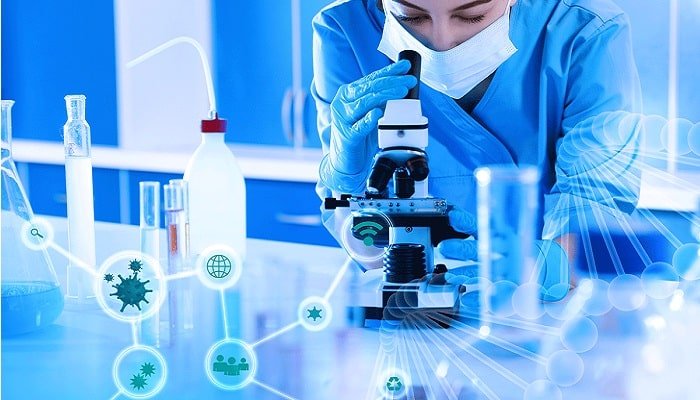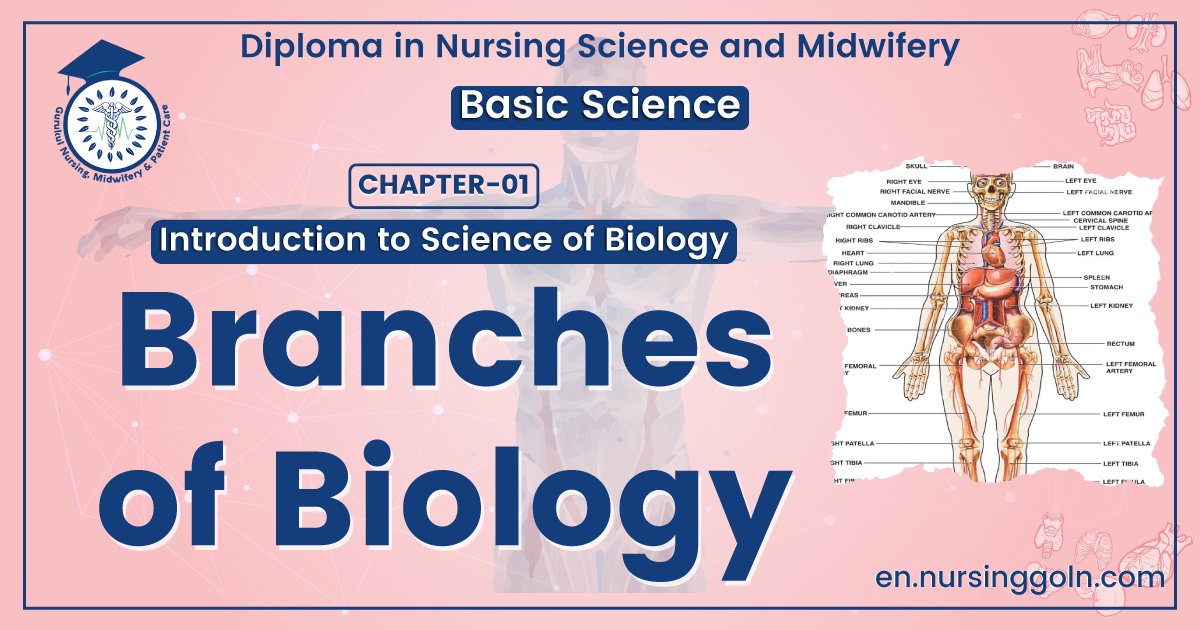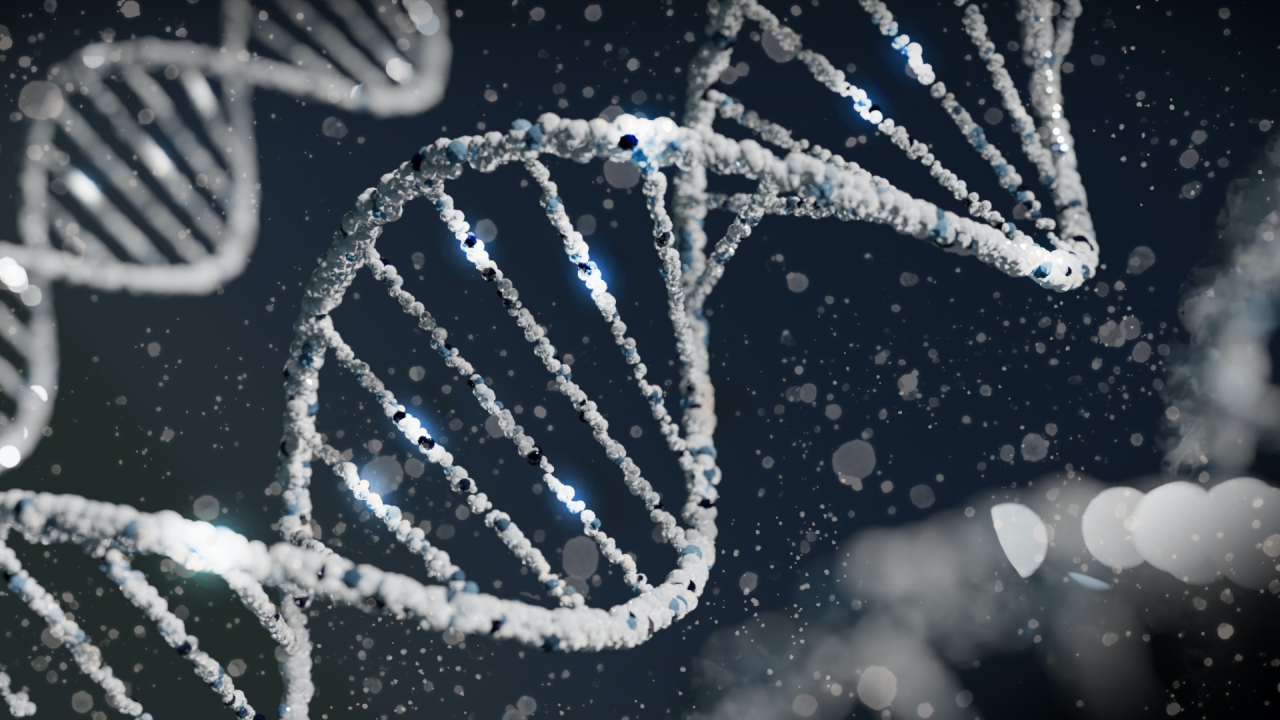Branches of Biology – Introduction to fundamental concepts of Biological Science including the organization and common characteristics of living matters, cell structures and functions, food production by photosynthesis, harvesting energy, mechanism of cells reproduction, genetics, evolutions, and Human Biology. Introduction to general chemistry including basic concepts about matter, atomic structure, chemical bonds, gases, liquid, and solids, solutions, chemical reactions, acid, bases, and salt;
organic and biochemistry including hydrocarbons and their derivatives, carbohydrates, lipids, proteins, enzymes, vitamins, and minerals, nucleic acids; principles of physics and applications to nursing including gravity and mechanics, pressure, heat and electricity; nuclear chemistry and nuclear physics, effects of radiation on human beings, and protection and disposal. The aim of the course is to acquire knowledge and skills in general biological science, general chemistry and physics.
Branches of Biology
Based on the type of organism, biology is divided into two branches Botany and Zoology. Grounded on the aspect of consideration, there are also two other divisions of biology – physical biology and applied biology.
Physical Biology
In the field of physical biology, theoretical concepts are usually discussed. The following subjects are the general fields of its concern.
Morphology :
The field deals with the form and structure of organisms. It is usually divided into two branches external and internal morphology. The external description of the body is called external morphology and the internal description of the body is called internal morphology.
Taxonomy:
Classification of organisms and the principles related to this task are discussed in the field.
Physiology:
This branch of biology deals with the biochemical activities of different organs of organisms. Besides, detailed description of all the physiological process of organisms is found in it.
Histology:
The microscopic structure, arrangement and function of plant and animal tissues are studied in this subject.
Embryology:
The branch of biology discusses the development of embryo of organisms.
Cytology:
The structure, function and division of an individual cell in a body of organisms are studied in this field of biology
Genetics:
The branch of biology deals with genes and heredity.
Evolution:
The gradual development of life and organisms over successive generations on earth is studied in this subject.
Ecology:
It is the science of reciprocal relationship between organisms and their environment.
Endocrinology:
The field of science deals with the study of endocrine glands and hormones secreted by them in a body of organisms.
Biogeography:
The branch of biology studies the geographical distribution of organisms, past and present, throughout the landscape of planet earth including the knowledge of classifying bio-geographical patterns.
Applied Biology
Applied subjects related to life are included in this category, and some of them are mentioned below
Palaeontology:
Science of the pre-historic life forms and fossils;
Biostatistics:
Science of statistics of organisms;
Parasitology:
Science related to parasitism, life process of parasitic organisms and diseases caused by them;
Fisheries:
Science dealing with fish, harvesting of fish, management and conservation of fish assets;
Entomology:
Science related to the study of life, merit, demerit, and control of insects including the losses caused by them;
Microbiology:
Science related to virus, bacteria, fungi and other microorganisms;
Agriculture:
Science concerning agriculture;
Medical Science:
Science related to human life, disease, treatment etc.
Genetic Engineering:
Science associated with gene technology and its utilities;
Biochemistry:
Science connected to biochemical process and diseases of organisms;
Soil science:
a Science related to soil, soil structure and soil environment;
Environmental Science:
Science related to environment
Oceanography:
Science related to ocean and its resources;
Forestry:
Science related to forest, management and conservation of its resources;
Biotechnology:
Science associated with the technology of utilizing of organisms for the benefit of mankind;
Pharmacy:
Science dealing with technology and industry of medicine
Wildlife:
Science related to wild animals;
Bio-informatics:
Biological information based on computer technology, information on the analysis of cancer, for example.


